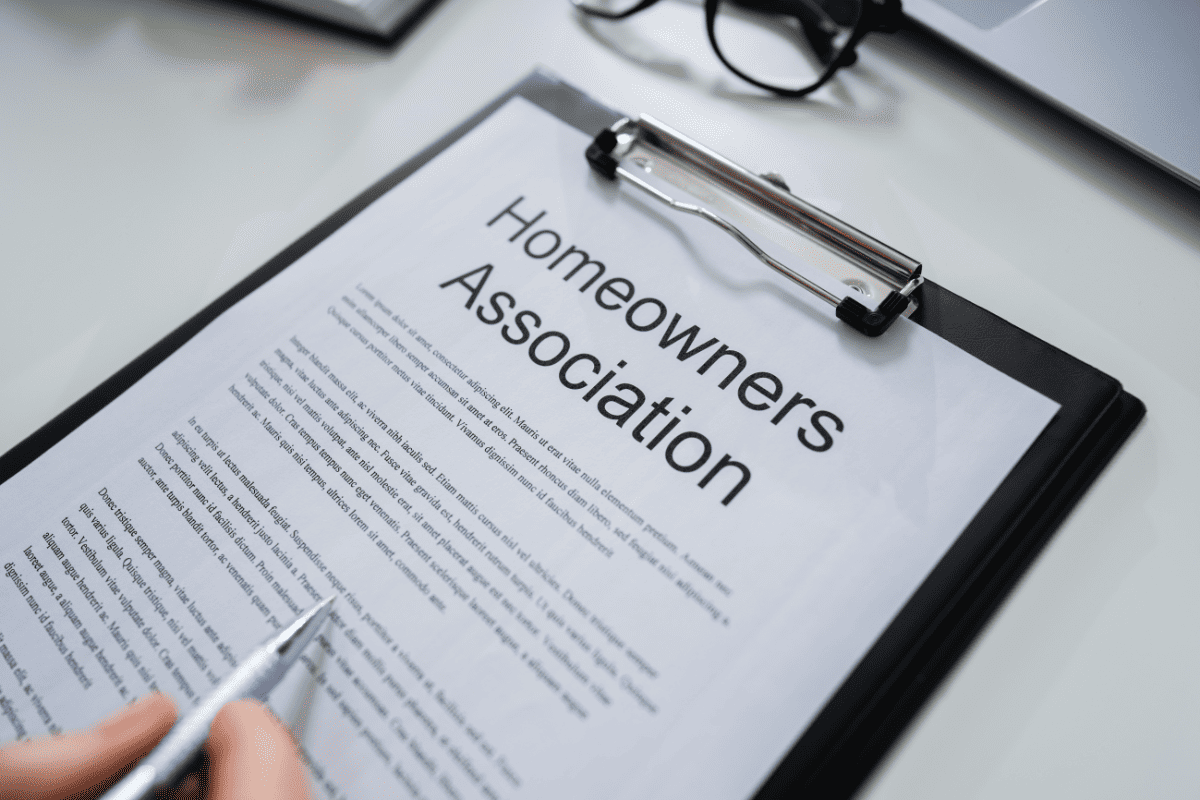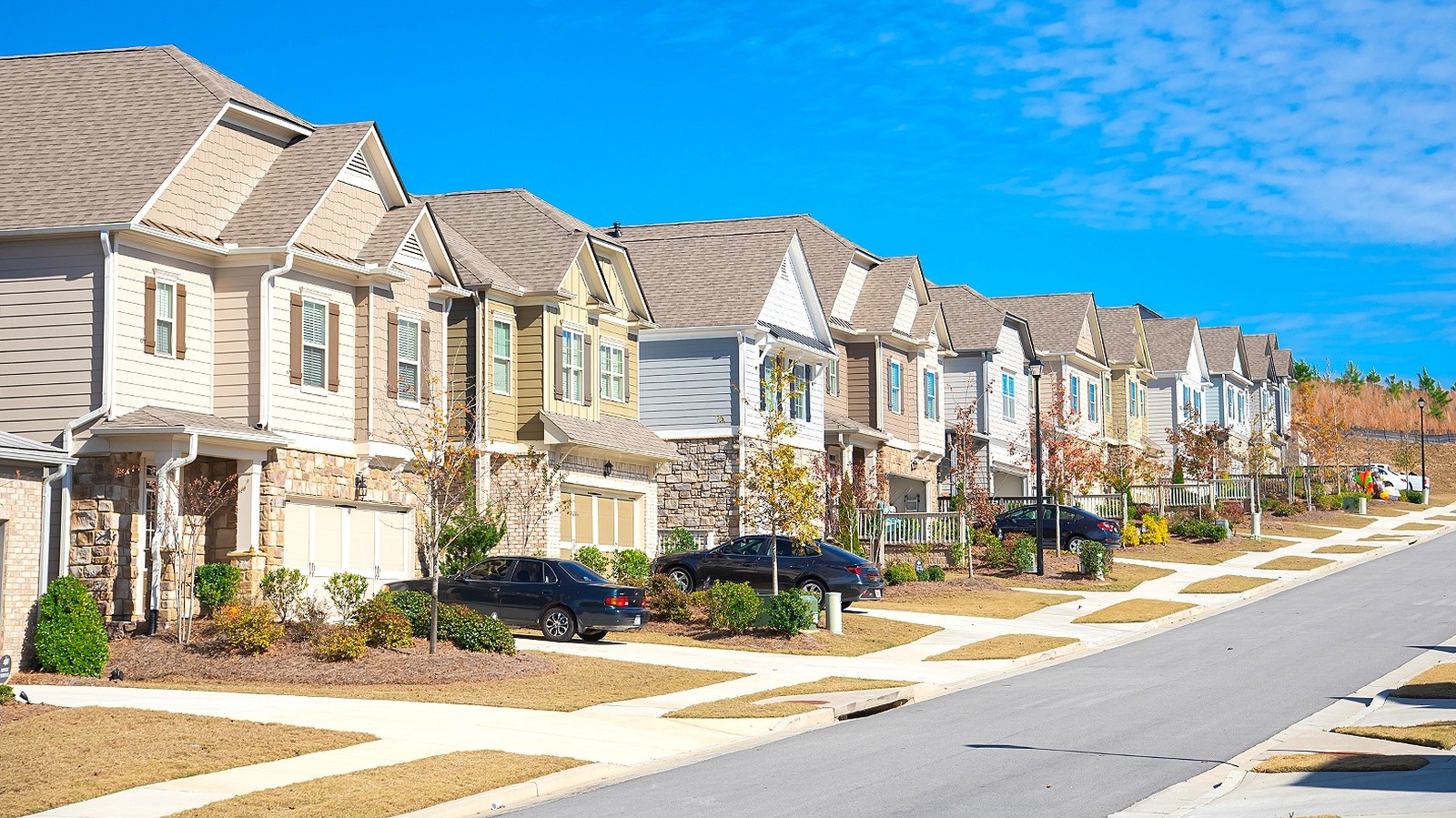Don't Pay HOA Fees? Here's What Happens
Do you fully understand the implications of neglecting your Homeowners Association (HOA) dues? Failure to pay these fees can trigger a cascade of consequences, potentially jeopardizing your homeownership and financial well-being.
The realm of homeowner associations often seems to operate under its own set of rules, and navigating these can sometimes feel like traversing a complex legal maze. Among the most critical aspects of HOA membership is the timely payment of dues. These fees are not merely suggestions; they are essential contributions that sustain the community's infrastructure, services, and overall quality of life. But what happens when these obligations are not met? The repercussions can be far-reaching, impacting not only the individual homeowner but also the broader community.
Before delving into the potential pitfalls of non-payment, its crucial to grasp the very essence of HOA fees and why they are indispensable. Homeowners associations are, in essence, mini-governments for residential communities. They are responsible for managing shared resources, maintaining common areas, and enforcing community standards. This involves a wide array of responsibilities, from landscaping and snow removal to maintaining swimming pools, gyms, and other amenities. These services, and the ongoing upkeep of the community, are financed through the fees paid by homeowners. Understanding the scope and purpose of these fees is the first step toward appreciating the significance of their timely payment.
So, what are HOA fees used for? These fees cover a spectrum of expenses crucial to maintaining the community. They include:
- Maintenance of Common Areas: This encompasses landscaping, upkeep of parks, playgrounds, and recreational facilities.
- Amenities: Costs associated with swimming pools, gyms, clubhouses, and other shared facilities.
- Utilities: Payments for shared utilities like water, electricity, and sometimes even cable or internet services.
- Insurance: Premiums for insurance policies that protect the communitys assets.
- Administrative Costs: Expenses related to the management of the HOA, including salaries for property managers, legal fees, and accounting services.
- Reserve Funds: Money set aside for future major repairs and replacements, such as roof replacements or road resurfacing.
The amount of HOA fees varies significantly depending on the community's nature, location, and the services provided. A luxury condominium complex will naturally have higher fees than a modest townhouse community. However, irrespective of the amount, the consistent and collective payment of these fees is the lifeblood of the HOA, enabling it to fulfill its obligations and maintain the community's standards.
Let's explore in detail the potential consequences homeowners face when they fail to meet their financial obligations to the HOA. The repercussions can range from minor inconveniences to severe legal actions that could ultimately threaten homeownership.
Here's a table summarizing the potential consequences of not paying HOA fees:
| Consequence | Description | Severity |
|---|---|---|
| Late Fees and Interest | Most HOAs impose late fees and interest charges on overdue assessments. | Minor initially, but can escalate quickly. |
| Delinquency Notices | The HOA will send notices to the homeowner indicating that the account is overdue and delinquent. | Warning stage, escalates if ignored. |
| Suspension of Privileges | Homeowners may lose access to community amenities like the pool or gym. | Inconvenience, but can impact lifestyle. |
| Legal Action | The HOA can initiate legal proceedings to recover the unpaid dues. This could involve a lawsuit. | Significant, leads to additional costs. |
| Lien on Property | The HOA can place a lien on the homeowner's property, giving it a legal claim against the property. | Serious, complicates sale or refinancing. |
| Foreclosure | In extreme cases, the HOA can foreclose on the property to recover the debt. | Most severe, leads to loss of home. |
| Wage Garnishment | If the HOA obtains a judgment, it can garnish the homeowner's wages. | Financial hardship, direct impact on income. |
| Impact on Credit Score | Unpaid dues and associated legal actions can negatively affect the homeowner's credit score. | Long-term financial consequences. |
| Attorney's Fees | Homeowners may be responsible for the HOA's legal fees incurred in pursuing the debt. | Adds significantly to the debt. |
Reference: Condo.org
When an HOA member falls behind on payments, the consequences can escalate swiftly. The HOA, acting on behalf of the community, initiates a series of actions to recoup the outstanding amounts. Initially, the homeowner will receive a notice indicating that their account is overdue. This is a crucial moment; it offers the opportunity to rectify the situation and avoid further repercussions. However, if ignored, the HOA may begin to assess late fees and interest charges on the unpaid balance. These charges add to the debt and make it more difficult to catch up.
Most HOAs will charge late fees if you dont pay your dues on time. The exact amount of the late fee is usually outlined in the HOA's governing documents. In addition to late fees, interest may also accrue on the unpaid balance, further increasing the amount owed. These financial penalties are designed to encourage prompt payment, as missing HOA fees can lead to late charges and interest, making it harder to catch up.
Beyond the immediate financial penalties, delinquent homeowners may experience limitations on their privileges within the community. This might involve the suspension of access to amenities such as swimming pools, fitness centers, or other shared facilities. While inconvenient, this measure is often implemented to underscore the importance of financial responsibility and discourage further non-payment.
The most severe consequence of non-payment is legal action. The HOA has the right to pursue legal avenues to recover the outstanding debt. This might begin with demand letters from the HOA's attorney, and if those are unsuccessful, the HOA may file a lawsuit against the homeowner. If victorious in court, the association can win a judgment against you, which can include garnishing your wages in order to collect the judgment amount. The costs associated with legal action, including attorney's fees, are typically added to the homeowner's debt. Finally, not only will you have to pay back any HOA dues and fines, but it is also possible that you'll be required to pay the HOA's attorney's fees, which can amount to thousands of dollars.
One of the most significant legal actions an HOA can take is to place a lien on the homeowner's property. A lien is a legal claim against the property, giving the HOA the right to seize the property if the debt is not satisfied. This lien can complicate the homeowner's ability to sell or refinance their property. Prospective buyers or lenders will often require the lien to be cleared before finalizing the transaction, forcing the homeowner to resolve the outstanding debt to proceed. The HOA can place a lien on your home. If a unit owner is delinquent on payment, the dues collection process kicks in and the owner is notified that they are late with payment.
In the most dire of circumstances, the HOA can pursue foreclosure on the property. This is the ultimate consequence, resulting in the homeowner losing their home. This action is typically reserved for situations where the homeowner is significantly delinquent in their payments and has ignored repeated attempts by the HOA to resolve the debt. While foreclosure is a last resort, it underscores the seriousness of not fulfilling one's financial obligations to the HOA.
In Colorado, the consequences of not paying HOA dues are similar to those in other states. "If you dont pay your HOA dues in colorado, there can be several serious consequences, depending on the rules set by the specific hoa." This can include late fees, interest charges, and the potential for a lien on the property. Colorado law also provides guidelines for HOA collections, ensuring that the process is conducted fairly, although these laws do not prevent the serious consequences outlined above.
The legal aspects of HOA dues collection are governed by both state and local laws, as well as the HOA's governing documents, such as the CC&Rs (Covenants, Conditions, and Restrictions). These documents outline the specific procedures for collecting dues, assessing penalties, and pursuing legal action against delinquent homeowners. In addition, state laws may regulate the maximum interest rates that can be charged, the procedures for placing a lien, and the requirements for foreclosure. It is important to remember that an hoa may only charge a late fee or interest when homeowners dont pay hoa fees. This law went into effect on september 1, 2023. This law went into effect on september 1, 2023.
For homeowners facing financial hardship, it's crucial to communicate with the HOA as soon as possible. Most HOAs are willing to work with homeowners who are experiencing temporary difficulties. This might involve setting up a payment plan or offering a temporary reduction in fees. However, this requires proactive communication; ignoring the problem will only exacerbate the situation.
As a responsible homeowner, you likely prioritize the timely payment of your HOA dues. But what if your neighbors don't? The collective responsibility of paying HOA fees ensures the upkeep of the community. Even if you do not always agree with the decisions of the board, you are still required to pay monthly or annual hoa fees. If homeowners fail to pay on time, it can negatively impact the associations budget and in turn its members. While not every hoa will take the following steps in the following order if you don't pay the hoa fees, most hoas tend to take these actions. However, state law might require different ones. These fees are essential in keeping up with repairs and providing amenities such as swimming.
The basis for HOA dues collection is the legal agreement homeowners enter into when they purchase property within the community. Homeowners have an obligation to pay regular fees to the hoa. This agreement, as outlined in the CC&Rs, establishes the homeowner's responsibility to contribute to the shared expenses of the community. You also know you must pay for those jointly owned benefits, in the form of periodic dues or assessments. Every homeowner in a hoa must pay their hoa assessments.
To ensure you dont miss a payment and face unfortunate consequences, follow these tips: Schedule your payments to go through automatically using your credit card or bank details. Knowing the HOA's payment schedule and methods is critical. Consider setting up automatic payments to ensure that dues are paid on time, every time. Take the initiative and make sure that you dont miss a payment and face unfortunate consequences. You can receive violation notices.
Ultimately, the best approach is to prioritize the timely payment of HOA dues. This safeguards your homeownership, protects your financial well-being, and contributes to the overall health and vitality of the community. Because hoa fees are vital for your community to thrive, youll likely face consequences if you dont do your part. The HOA can place a lien on your home.
Regular hoa fees are the most difficult type of hoa fee to opt out of. So long as you are part of a mandatory hoa which is the most common type of hoa you will be required to pay your hoa fees. Only if you are a member of a voluntary hoa can you opt out.


